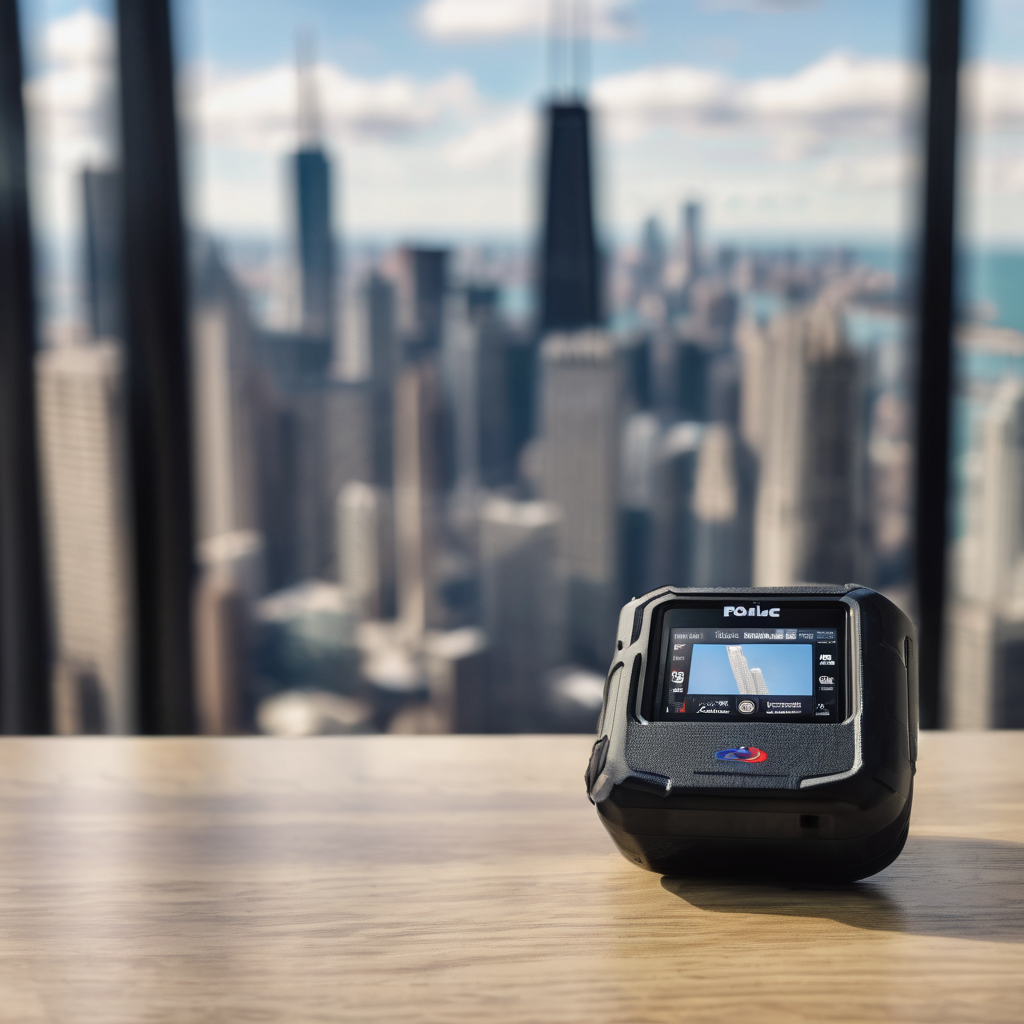Russell Hott, the Chicago Field Office Director for Immigration and Customs Enforcement (ICE), has announced his departure from the position effective immediately. Court documents filed on Friday revealed that Hott was scheduled to appear in court on Monday to respond to a federal judge’s order mandating that ICE agents in Chicago wear body cameras. His exit comes in the wake of ongoing criticisms surrounding Operation Midway Blitz, an immigration enforcement initiative launched during Donald Trump’s presidency.
The U.S. Department of Justice submitted a filing in federal court stating Hott’s final working day was October 17, 2025. In this context, the government has requested that a Customs and Border Protection (CBP) official replace Hott in the upcoming hearing, claiming that “mostly” CBP agents were involved in recent contested incidents during immigration operations in Chicago.
Hott’s resignation is notable as it coincides with U.S. District Judge Sara Ellis’s directive for federal immigration agents to wear body cameras during the enforcement operations. The judge expressed her alarm over violent confrontations captured on video between agents and protesters, which included the use of tear gas and other aggressive tactics. She summoned Hott to court to discuss compliance with her order, but the DOJ’s request for a substitution suggests a shift in responsibility at a critical moment.
Governor JB Pritzker commended the judge’s ruling, emphasizing the frequent discrepancies in government accounts regarding arrests and incidents associated with the operations. He remarked on the frustration over the challenge in discerning the truth amidst the conflicting narratives.
Hott’s departure raises questions about leadership stability within ICE and how the agency will adjust its enforcement practices moving forward. His exit may also influence ongoing discussions about the accountability of federal immigration operations and the welfare of communities affected by these initiatives. In a climate where transparency is increasingly demanded, the introduction of body cameras could represent a significant step toward fostering trust between law enforcement and the public.
